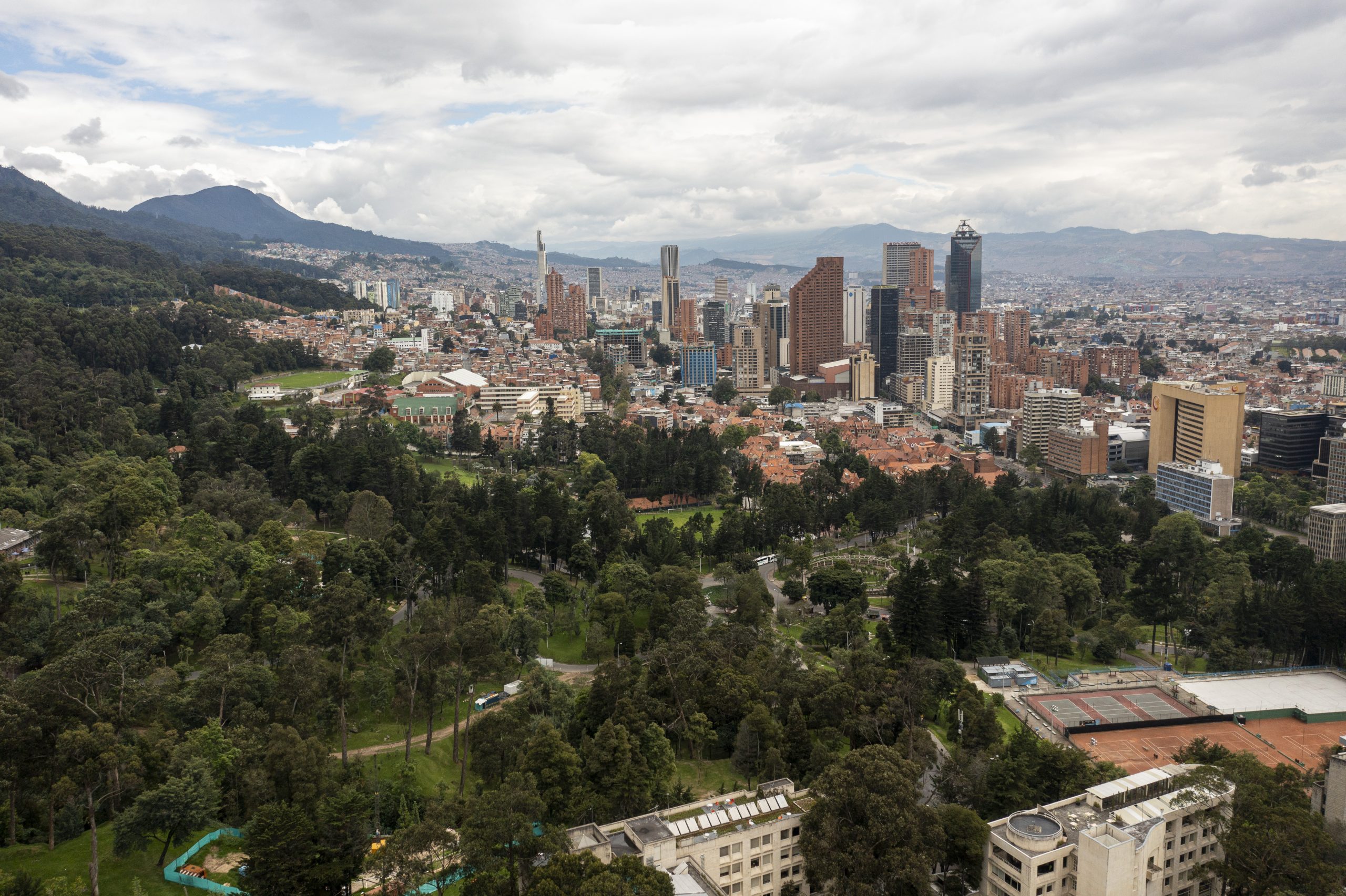A quiet revolution is underway Bogotá’s high-altitude sprawl amidst colonial plazas and chaotic roundabouts. Colombia, long associated with coffee, biodiversity, and political upheaval, now emerges as one of Latin America’s most vibrant startup ecosystems. Its young entrepreneurs are no longer just reacting to problems but engineering solutions with regional and global ambitions.
Once a country overlooked by international venture capitalists, Colombia has defied expectations. According to the Deeptech Alliance, the nation’s startup ecosystem expanded by 56% in the last year alone, injecting innovation into sectors ranging from fintech and agriculture to logistics and education. The energy is palpable: and the momentum is unmistakable.
From Disruption to Domination: Meet the Unicorns
Leading the charge is Rappi, Colombia’s first unicorn and a pioneering “super app” that reshaped how Latin Americans order food, shop, and manage money, all within a single digital ecosystem. A decade after its founding, Rappi operates in eight countries, proving that Colombian startups can not only scale but redefine entire industries.
Next came Habi, a real estate tech platform that brought the iBuyer model to Latin America. Using data intelligence, Habi enables instant home sales and valuations, providing liquidity and agility to a traditionally slow-moving sector. In just five years, it became the country’s second unicorn.
Frubana is rewriting the rules of agri-commerce. By connecting small farmers directly to restaurants and retailers, the platform cuts out intermediaries, slashes logistics costs, and supports fairer margins for producers. After an ambitious expansion, Frubana decided to concentrate operations in Brazil, which now accounts for 60% of its revenue.

The Digital Classroom Revolution
Co-founded by Colombian and Guatemalan entrepreneurs, Platzi has spent nearly 15 years building Latin America’s largest online learning platform. It offers courses on everything from software development to business leadership, and its impact is measurable.
“Over two-thirds of our students increase their income after just one year,” says Nicole Chapaval, Chief Business Officer at Platzi. “We’re not just teaching skills, we’re enabling transformations.”
Chapaval believes the startup’s influence goes beyond education. “It’s no longer just about learning to code. It’s about building startups, driving organizational change, and accessing global markets.”
With headquarters in Bogotá, Mexico City, and San Francisco, Platzi is also seeding new ventures through internal incubators like Platzi Startups and Demo Day, which help students turn ideas into investable businesses.
Banking the Unbanked
Fintech is one of Colombia’s fastest-growing sectors, fueled by the country’s historically limited access to traditional banking. Addi, a digital credit platform, allows users to make instant purchases and pay in installments, no bank account required. It has already reached over 2 million users in Colombia and Brazil.
AAvance, another fintech standout, was founded two years ago and already supports over 7,000 unbanked Colombians. Through a simple app, users can make transfers, access digital wallets, and even obtain credit cards, often for the first time.
Both companies represent a broader push to democratize finance in a region where inequality remains stubbornly entrenched.

Cybersecurity in a Digital Age
As digital platforms scale, so does the need for trust. Enter Truora, a cybersecurity and digital identity firm operating in nine countries. Its software simplifies identity verification and prevents fraud, services now used by Rappi, Addi, and Mercado Libre. In 2024, Truora received the “Excellence and Innovation” award from Global Banking & Finance Review, underscoring Colombia’s growing role in the digital trust space.
A Self-Fueling Ecosystem
Chapaval sees Colombia’s startup movement as not a wave but an engine. “Many of today’s startups are being built inside other startups. There’s a generational multiplier effect.”
She credits this to the ecosystem’s maturity: access to technical talent, increasing global visibility, and an evolving founder mindset. “Entrepreneurs here are no longer thinking local. They’re building for Latin America, and beyond.” Programs like Platzi’s partnership with the Bogotá Chamber of Commerce are now preparing local startups to pitch at international accelerators like Y Combinator. This ensures that Colombia’s big ideas are ready for a global stage.
From Bogotá to the World
Colombia’s rise is not accidental. It reflects years of policy shifts, private investment, and a collective determination to rewrite the nation’s economic story. The country’s founders are building more than just apps, crafting an innovation infrastructure grounded in inclusion, education, and impact.
With its startups addressing critical challenges, from financial access and digital education to agricultural efficiency and data security, Colombia is fast becoming a model for how emerging markets can leap ahead in the global digital economy. And it’s doing so, not in Silicon Valley’s shadow, but on its terms.





